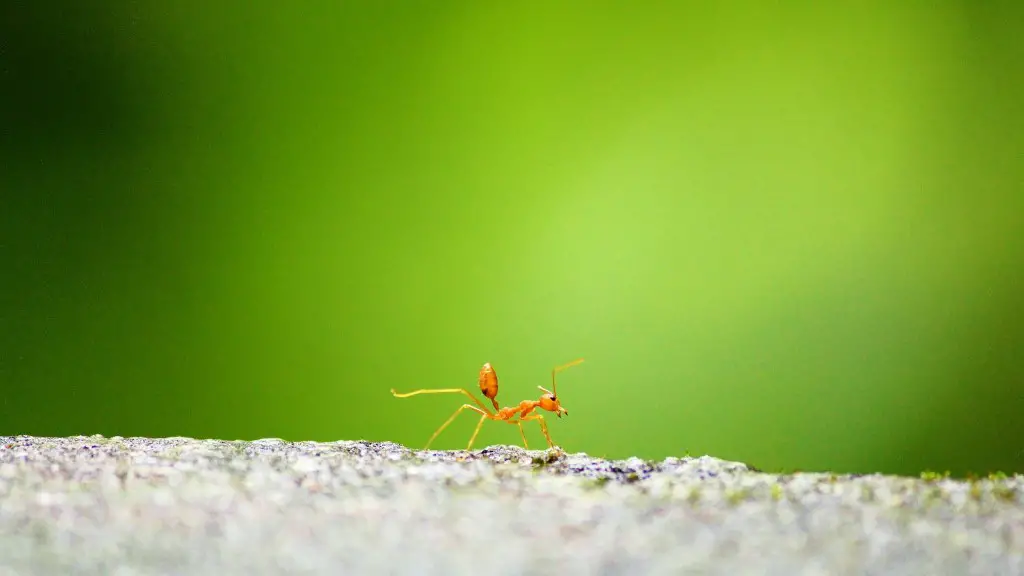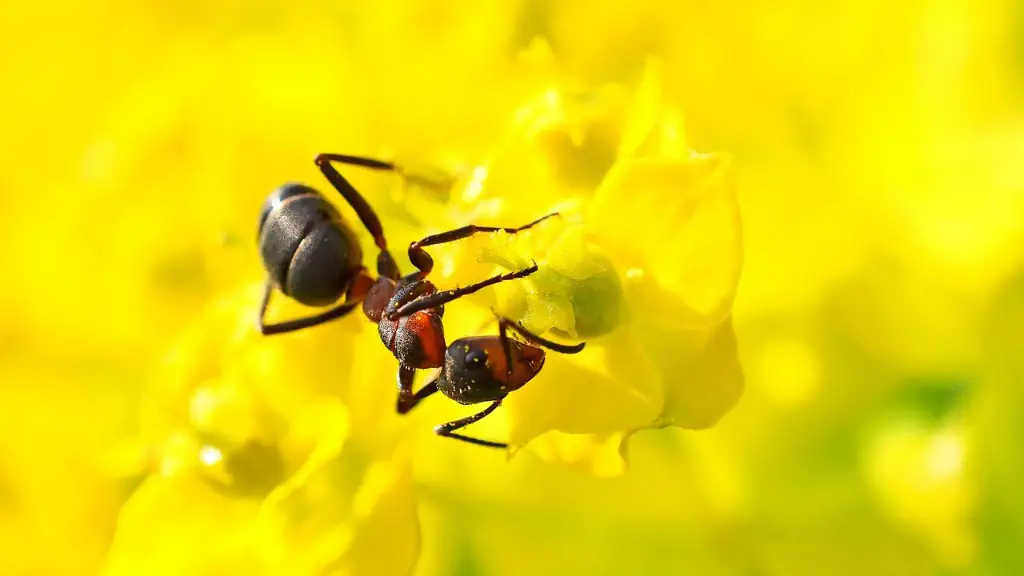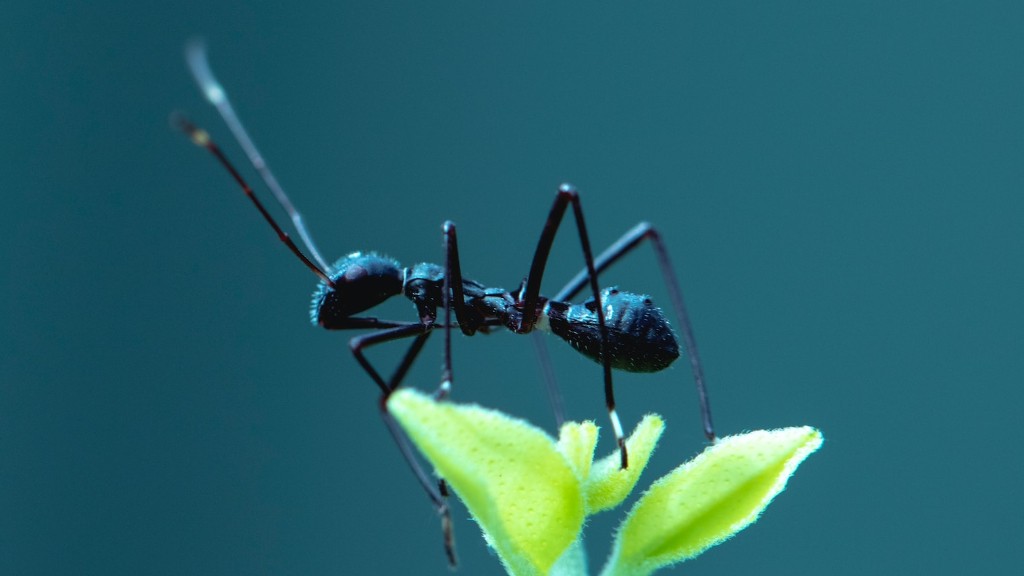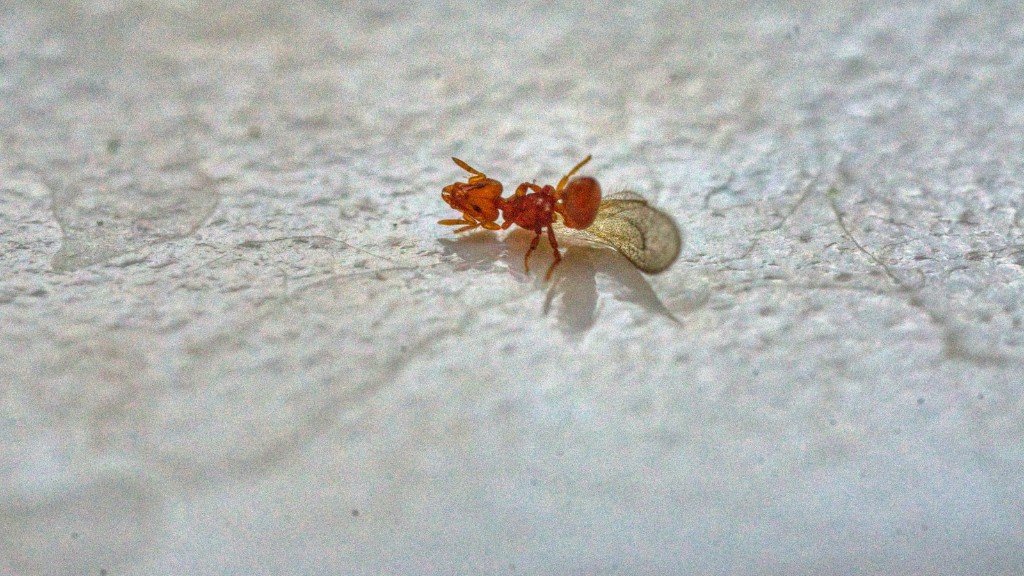Why Do I Have Big Black Ants in My House?
Big black ants are a common problem for homeowners. These pests can invade your home and cause damage to property, contaminate food, and spread disease. There are many potential causes for an ant infestation, and it is important to understand the underlying factors in order to protect your home and family from these nuisance invaders.
Where do Ants Live?
Ants are attracted to a variety of places in your home, such as moist and dark areas around plumbing, kitchen cupboards, and even furniture. Moisture is necessary for their survival, so they try to find a place to build their nest and thrive. Cracks and holes in walls and floors are also considered great hiding places for ants.
What Do Ants Eat?
Ants are omnivores, meaning they will eat a variety of foods. They are particularly attracted to sweet and sugary items, including candy, syrup, and other food items. Greasy and oily foods can also be attractive to ants. Even if you don’t keep these kinds of items in your home, you could still find ants roaming around.
Spotting Ant Infestations
Ants will leave trails of scent as they venture through your home. They use this scent to mark their territory and navigate from place to place. If you spot ants journeying through your living space, you are likely to have an infestation.
Does Weather Affect Ant Infestations?
Weather can play a key role in an ant infestation. Ants are more likely to enter your home when it is wet and warm outside. Hot, dry weather can also cause ants to seek shelter indoors in search of cooler and more moist conditions.
Preventing Ants in the Home
Once you are aware of the conditions that attract ants, you can take steps to prevent them from entering your home. Seal off cracks and crevices that could provide entry points, and make sure you don’t leave any food lying around. Keeping the exterior of your home clean and tidy can also help to reduce ant activity.
Treating Ant Infestations
If you think you have an ant infestation, it is important to identify and treat the problem as soon as possible. In some cases, over-the-counter sprays and baits are enough to keep an ant infestation in check. If the infestation is more serious, you may need to enlist the help of a professional pest control service.
Environmental Impact of Ants
Though it can be a nuisance, ant infestations can give us insight into our fragile local ecosystems. Ants can be beneficial, as they play an important role in breaking down organic material, transferring nutrients from the soil to the plant, and aiding in seed dispersal. There are also predatory ant species that help control other insect and pest populations.
Chemical Treatments
Chemical treatments are often seen as the quickest and most effective way to deal with ant infestations. However, these methods can also be damaging to local ecosystems as the toxins can leech into the soil and contaminate ground water. If you opt for chemical treatments, read the labels and follow the directions closely to minimize their environmental impact.
Natural Repellents
Not all methods of ant control have to involve chemicals. Natural repellents such as cayenne pepper, vinegar, and citrus essential oils can be effective at deterring ants and keeping them away. Utilizing these substances can provide a more eco-friendly way of dealing with an ant infestation.
Habitat Modification
If you have an ant problem, you may be able to reduce your chances of another infestation by modifying the environment around your home. Remove potential hiding places for ants by clearing away tall blades of grass, mulch, or other debris. You can also ensure that shrubs and trees are not touching your home as this can provide an easy way for ants to enter.
DIY Prevention Tips
Taking proactive steps is the best way to keep your home ant-free. Monitor your home for any potential ant activity and seal off any cracks or crevices you find. Clean counters, floors and shelves often, and wipe down surfaces with a household cleaner to remove any debris that might be attractive to ants. Finally, try to keep small items such as sugar and pet food properly sealed and stored away.
Professional Services
If you find yourself overwhelmed by your ant infestation, you may want to consider enlisting the help of a professional pest control service. Professionals are knowledgeable about effective ant removal methods and can provide advice on how to best protect your home from future infestations. Pest control services may also provide non-toxic treatments with the intention of eliminating the ants without harming the environment.



